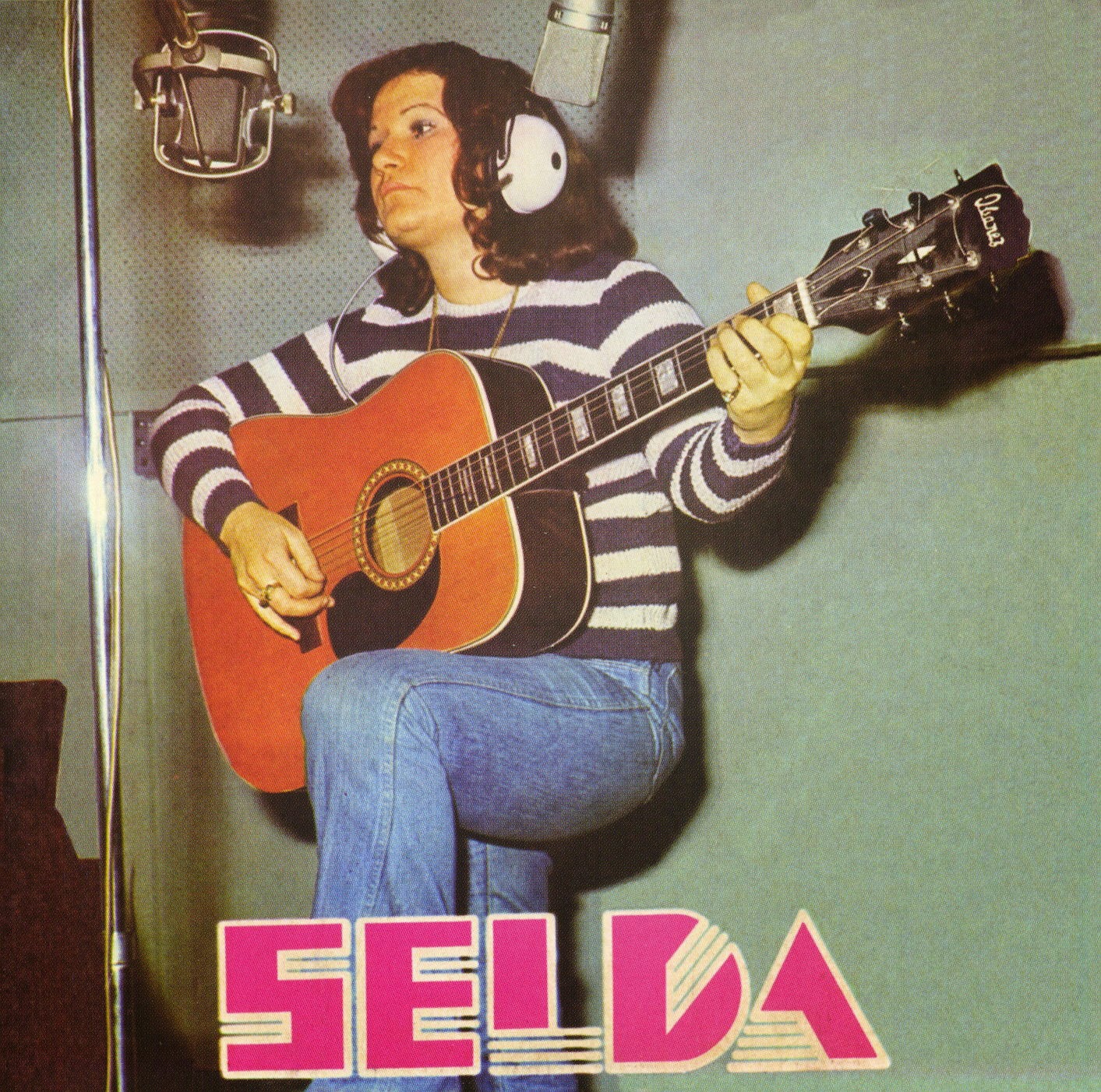
Renée – Reaching For The Sky, 1980




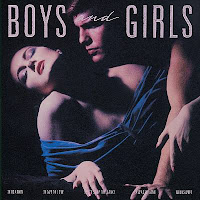 |
buy |
|
 |
||
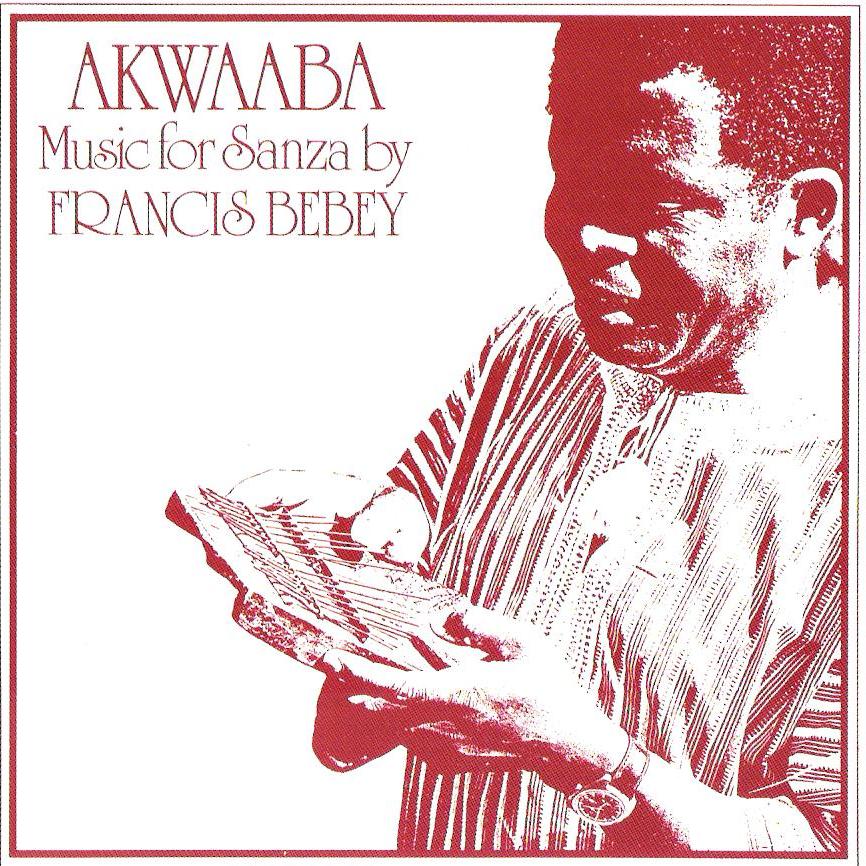 |
buy / download |
|
 |
buy / download |
|
 |
||
 |
download |
|
 |
download |
|
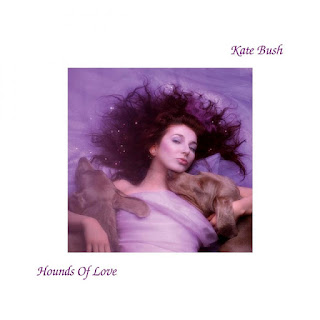 |
buy |
|
 |
buy |
|
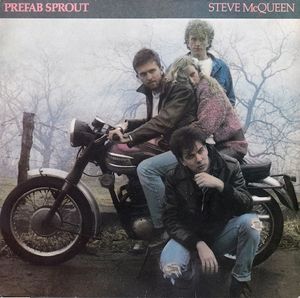 |
buy |
|
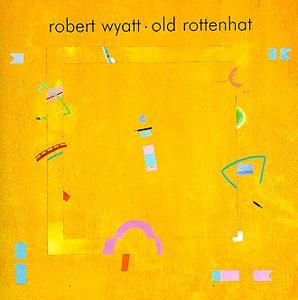 |
buy |
|
 |
buy |
|
 |
buy / download |
|
 |
buy / download |
|
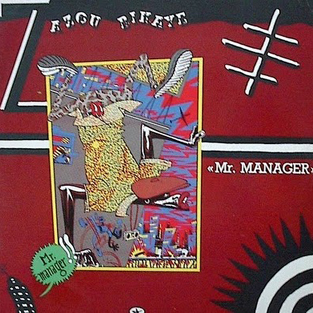 |
download |
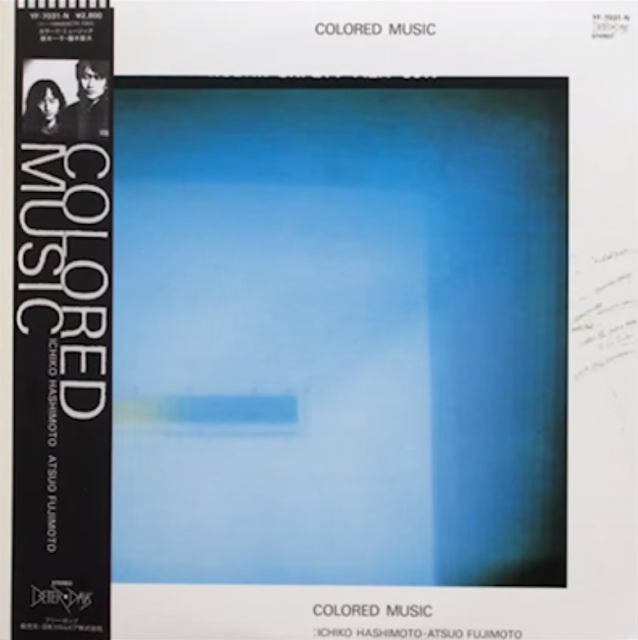

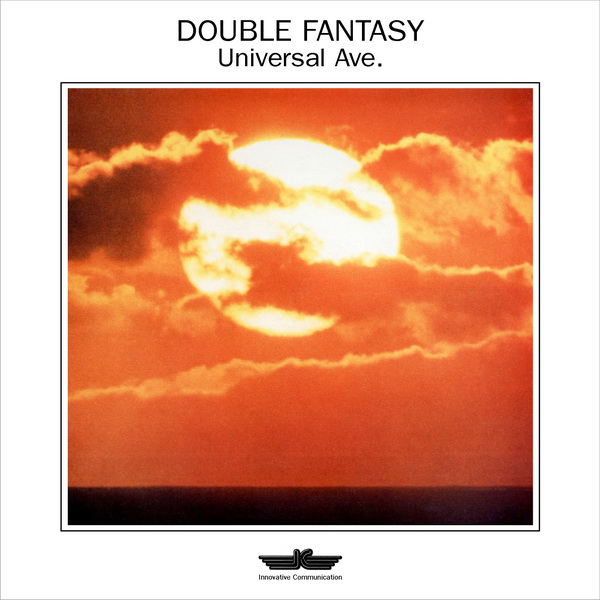
For those who don’t mind a healthy smear of cosmic cheese. Molten guitar streaks, shivery synth grooves, and unhurried drum machines. Very sick and very slick. Makes me want to throw on some mirrored sunglasses and drive a silver convertible along winding cliffside vistas smoking an e-cig in front of a photoshopped sunset. Alternately meditative and searingly emotive, this thing is a few pan flutes shy of Pure Moods (a very high compliment). There’s not much decisive information about Double Fantasy available online, but it seems to have been the project of Klaus Schulze disciple Robert Schröder, who was only allowed to release two records under the Double Fantasy moniker because of legal clashes with his label, Innovative Communication. He went on to release many more records under a slew of different aliases, but both this and the other Double Fantasy release, 1994’s Food For Fantasy, are worth tracking down.
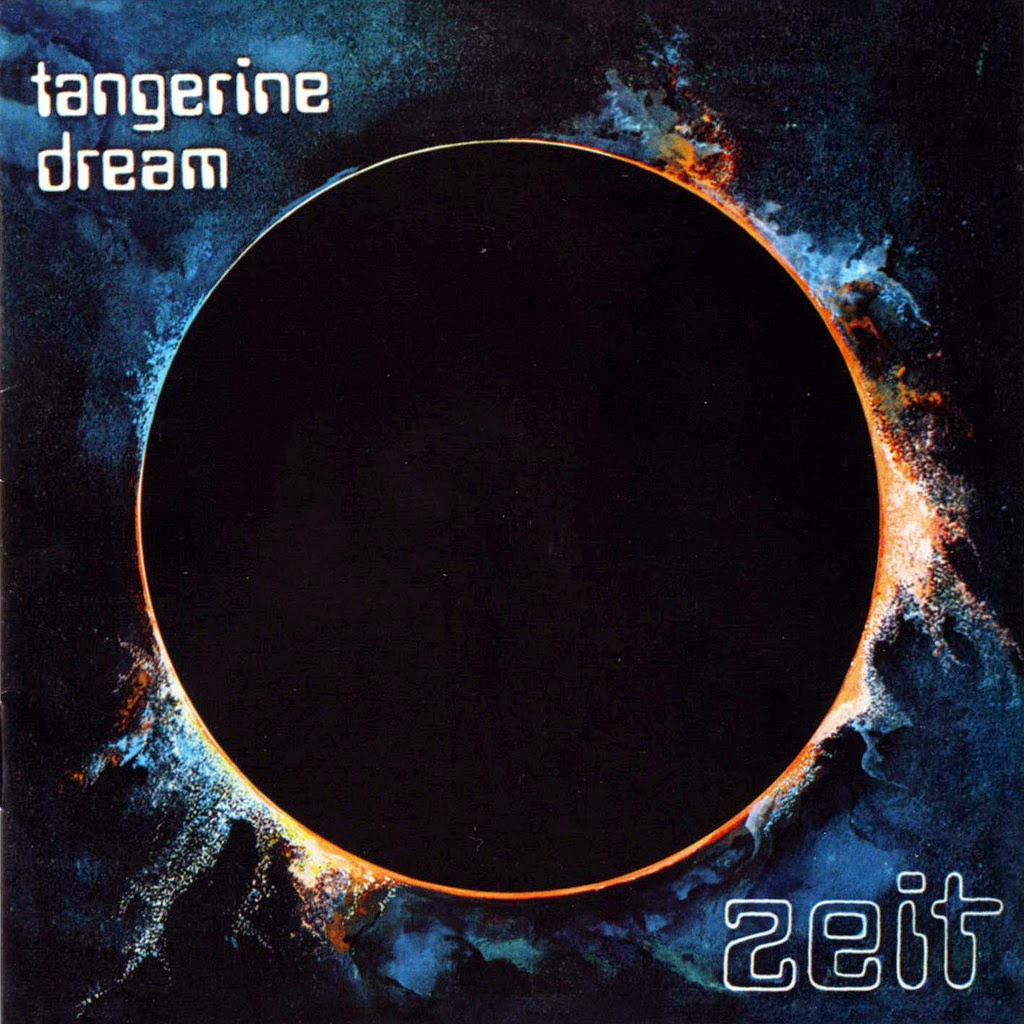
I spent this last weekend listening to Zeit after reading about Edgar Froese’s passing, and have found it difficult not to hear a funeral dirge, a tacit acknowledgement by Froese some forty odd years before the fact that he will be gone someday, that we’ll all be gone someday, that all the planets and the stars and space and music and possibility, it’ll all be gone. But I’m still here. And though I’m not sure that it was impossible for me to recognize and relate to the themes contained in Zeit as younger man, I certainly understand them better now. It only took me a little time to figure it out.
